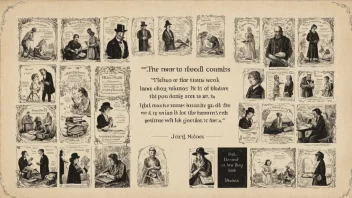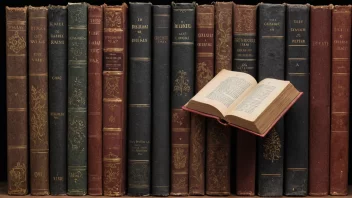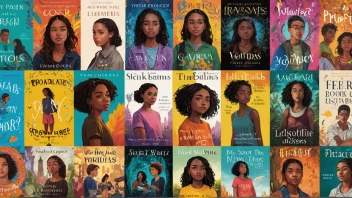In a world where conformity often reigns, non-fiction books that challenge the status quo have the power to inspire change and provoke thought. These works delve into societal norms, question established beliefs, and shine a light on overlooked issues. Here, we explore some common questions about these impactful books.
What are some examples of non-fiction books that challenge the status quo?
Several non-fiction books have made waves by challenging conventional thinking. Some notable examples include:
- 'The Shock Doctrine' by Naomi Klein - This book critiques the exploitation of disasters for economic gain.
- 'Sapiens: A Brief History of Humankind' by Yuval Noah Harari - Harari explores the history of humankind and questions what it means to be human.
- 'The New Jim Crow' by Michelle Alexander - Alexander examines systemic racism and mass incarceration in America.
- 'Educated' by Tara Westover - A memoir that challenges the value of traditional education and family loyalty.
- 'The Immortal Life of Henrietta Lacks' by Rebecca Skloot - This book raises ethical questions surrounding medical research and race.
Why are these books important?
These books are vital because they encourage readers to think critically about the world around them. They provide new perspectives, challenge assumptions, and often highlight social injustices that may go unnoticed. By engaging with these texts, readers can cultivate a deeper understanding of complex issues.
How can reading these books impact societal change?
Reading non-fiction books that challenge the status quo can empower individuals to become advocates for change. These works often serve as a catalyst for discussions, inspire activism, and encourage readers to question their own beliefs and behaviors. When people are informed, they are more likely to take action.
What genres do these books typically fall under?
While these books primarily fall under the umbrella of non-fiction, they can span various genres including:
- Memoirs and autobiographies
- History
- Social sciences
- Political commentary
- Environmental studies
Who are some authors known for their impactful non-fiction works?
Several authors have gained recognition for their ability to challenge the status quo through their writing. They include:
- Naomi Klein - Known for her critiques of capitalism and global politics.
- Michelle Alexander - An advocate for civil rights and social justice.
- Yuval Noah Harari - A historian who provokes thought about the future of humanity.
- Tara Westover - A voice for the importance of education and personal choice.
- Rebecca Skloot - Recognized for her work on ethics in medical research.
How can readers find more books that challenge the status quo?
Readers looking for more thought-provoking non-fiction can explore various resources:
- Book clubs focused on social issues
- Online forums and discussion groups
- Recommendations from literary websites and magazines
- Social media platforms where authors and readers share insights
Is it essential to challenge the status quo through literature?
Yes, it is essential. Literature has the power to reflect and shape society. Challenging the status quo through non-fiction literature can lead to greater awareness, understanding, and ultimately, change. These books serve as a reminder of the importance of questioning, exploring, and advocating for a better world.






